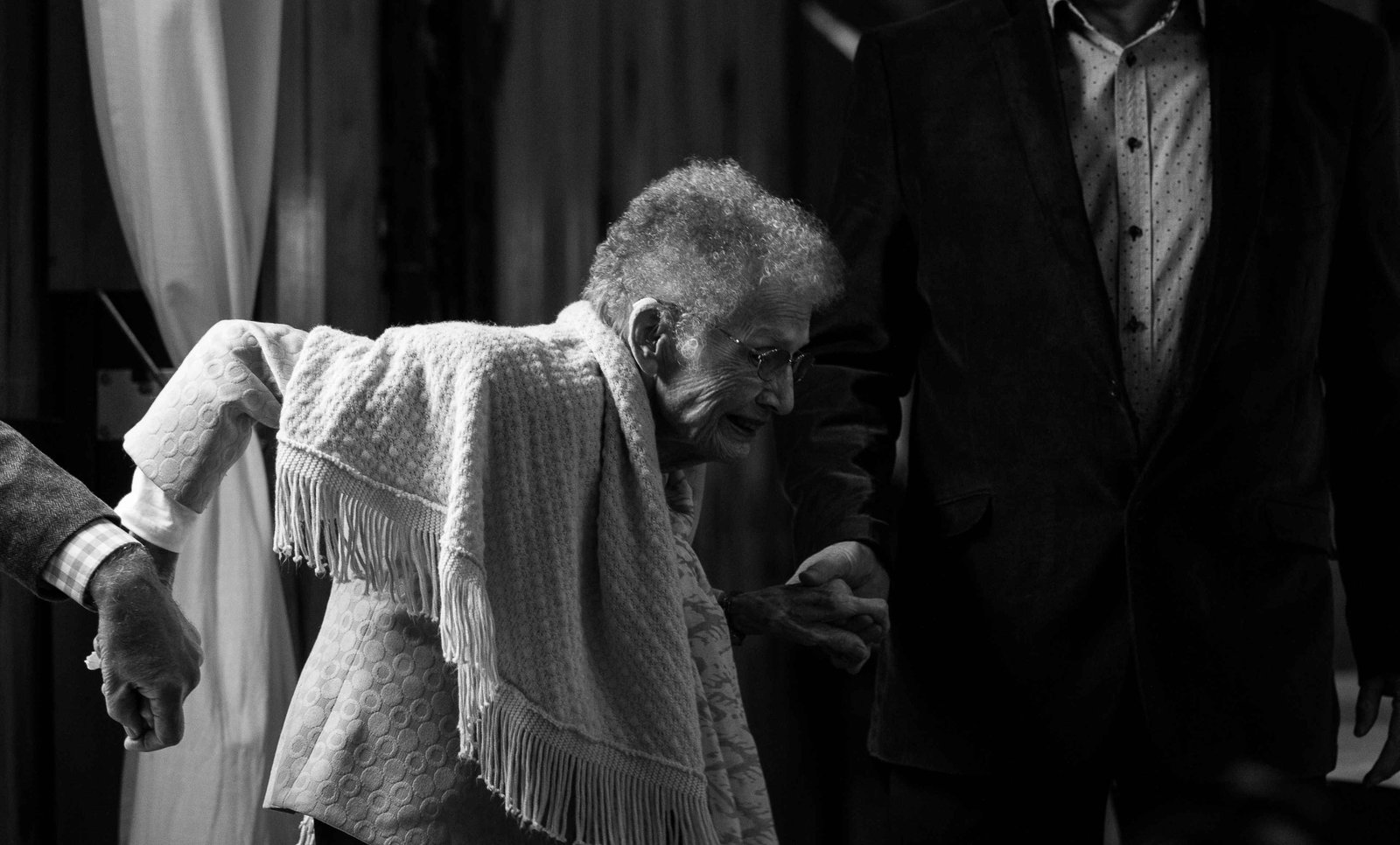Aging is driven by a complex interplay of genetic, environmental, and lifestyle factors. Some of the major biological mechanisms involved include:
1. Cellular Senescence: Over time, cells lose their ability to divide and function effectively. Senescent cells accumulate in tissues, releasing inflammatory chemicals that contribute to aging and age-related diseases.
2. DNA Damage: DNA sustains damage from environmental factors like UV rays, pollution, and poor diet. Accumulated DNA damage impacts cellular function and contributes to visible aging, like skin wrinkles and reduced elasticity.
3. Telomere Shortening: Telomeres, protective caps at the ends of chromosomes, shorten with each cell division. When they become too short, cells stop dividing, accelerating the aging process.
4. Oxidative Stress: Free radicals generated by metabolic processes cause oxidative damage to cells. This oxidative stress is a significant driver of age-related degeneration in tissues and organs.

Modern anti-aging science targets these mechanisms through various approaches, including lifestyle modifications, cosmetic treatments, and medical interventions:
1. Lifestyle Changes
• Healthy Diet: A balanced diet rich in antioxidants, vitamins, and healthy fats protects against oxidative damage. Consuming foods high in omega-3 fatty acids, such as fish, and antioxidants from fruits and vegetables promotes cellular health.
• Regular Exercise: Physical activity boosts circulation, supports muscle strength, and helps reduce the risk of age-related diseases. Exercise also releases endorphins, which are beneficial for mental well-being.
2. Cosmetic and Dermatological Treatments
• Botox and Fillers: These treatments reduce wrinkles and restore volume to the face, giving a youthful appearance. However, they are temporary solutions that need regular maintenance.
• Laser Therapy: Laser treatments target pigmentation, stimulate collagen production, and tighten the skin. They’re widely used for reducing the visible signs of aging.
• Chemical Peels and Microdermabrasion: These treatments exfoliate the skin, improving its texture and promoting new cell growth.
3. Advanced Medical Interventions
• Hormone Replacement Therapy (HRT): HRT helps alleviate age-related hormonal decline in both men and women. It can reduce symptoms like hot flashes, mood swings, and low energy levels.
• Stem Cell Therapy: Emerging in regenerative medicine, stem cell therapy aims to replace damaged cells, potentially delaying the effects of aging.
• NAD+ Therapy: Nicotinamide adenine dinucleotide (NAD+) is a molecule crucial for cellular metabolism. NAD+ therapy replenishes its levels, helping improve cellular energy and resilience.

Ayurveda, India’s ancient system of natural healing, offers a holistic perspective on aging. It emphasizes harmony between the mind, body, and spirit, focusing on lifestyle and dietary practices to promote longevity and wellness. In Ayurveda, aging (or Jara) is considered a natural transition that can be embraced with balance and vitality. Some key Ayurvedic principles for anti-aging include:
1. Dosha Balance
Ayurveda teaches that the body’s constitution is governed by three doshas: Vata, Pitta, and Kapha. Aging is seen as a Vata-dominant phase, marked by dryness, instability, and changes in bodily functions. Practices and treatments are designed to balance these doshas and counter the effects of aging.
2. Rasayana Therapy
Rasayana, a branch of Ayurveda, is dedicated to rejuvenation and anti-aging. Rasayana therapies focus on nourishing the body’s tissues, improving immunity, and promoting mental clarity. Key components include:
• Herbal Supplements: Herbs like Ashwagandha, Brahmi, and Amalaki (Indian Gooseberry) are known for their anti-aging properties. These herbs enhance vitality, boost immunity, and provide antioxidants.
• Chyawanprash: A traditional Ayurvedic formulation, Chyawanprash is a blend of herbs, spices, and honey. It strengthens the immune system and provides vital nutrients, supporting healthy aging.
3. Ayurvedic Practices for Healthy Aging
• Abhyanga (Oil Massage): Daily oil massage using warm sesame or coconut oil is recommended to improve circulation, reduce dryness, and maintain skin elasticity. This practice helps calm the nervous system, which is essential during the Vata phase.
• Yoga and Meditation: Yoga asanas and meditation balance mind-body harmony, promoting flexibility, strength, and mental clarity. Practices like Pranayama (breathing exercises) enhance oxygen flow and support cell health.
• Dinacharya (Daily Routine): Ayurveda emphasizes a disciplined lifestyle. Dinacharya includes morning rituals, such as tongue scraping, oil pulling, and meditation, to cleanse the body and reduce stress, thus slowing the aging process.

Ayurveda advocates a diet suited to one’s dosha to support digestion, prevent imbalances, and promote healthy aging. Key dietary principles include:
• Seasonal Eating: Adapting diet according to the season helps maintain dosha balance. For example, warm, nourishing foods are encouraged during winter to balance Vata.
• Herbal Teas and Spices: Herbs like turmeric, ginger, and tulsi (holy basil) are rich in antioxidants. Turmeric, especially, is lauded for its anti-inflammatory and anti-aging effects.
• Mindful Eating: Eating without distractions, chewing thoroughly, and savoring each bite enhances digestion and prevents overeating.
The Role of Mental Well-Being in Anti-Aging
Ayurveda underscores the mind-body connection in aging. Practices that calm the mind, such as meditation, are seen as crucial in Ayurvedic anti-aging therapy. Modern studies affirm the connection between mental health and physical aging, highlighting how stress contributes to premature aging.
1. Mindfulness and Meditation: These practices are scientifically proven to lower stress, improve focus, and even enhance telomere length, thereby slowing cellular aging.
2. Emotional Health: Ayurveda recommends keeping the mind clear of negative emotions and cultivating positivity. Gratitude practices and staying socially connected promote a joyful and engaged outlook, which may, in turn, delay signs of aging.
Integrating Ayurvedic and Modern Anti-Aging Techniques
Combining Ayurvedic wisdom with modern science can offer a balanced approach to anti-aging. While advanced medical treatments can address specific concerns, Ayurveda provides a foundation for daily wellness, focusing on lifestyle and preventive care. This integrative approach encourages people to embrace aging gracefully, keeping both the mind and body in optimal health. In summary, aging is a natural yet complex process that can be navigated with thoughtful lifestyle choices. Whether through advanced medical therapies or ancient Ayurvedic practices, the key lies in a balanced approach that promotes longevity, vitality, and well-being. By nurturing both the body and mind, one can embrace aging with grace and vitality, enjoying each phase of life to its fullest.



